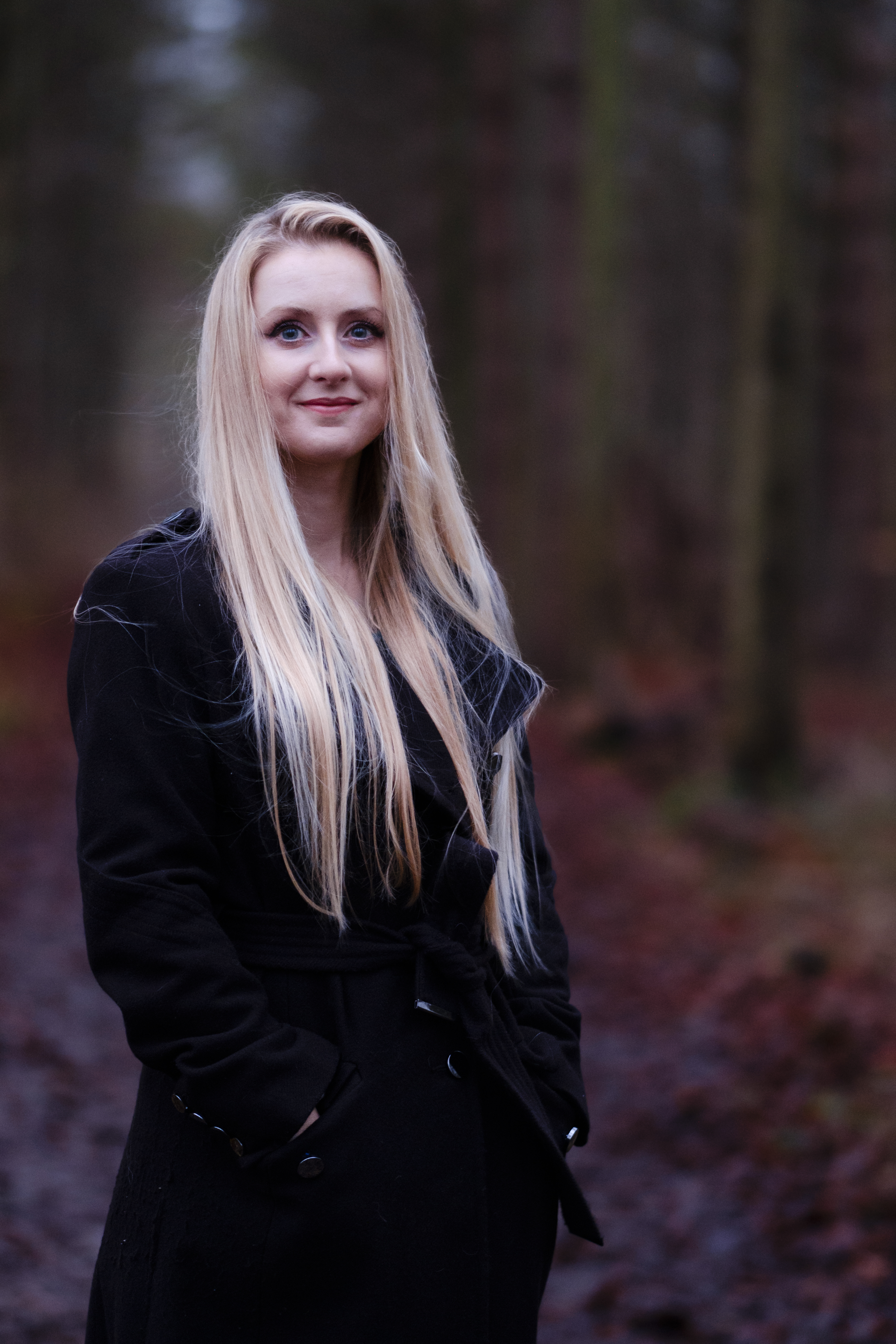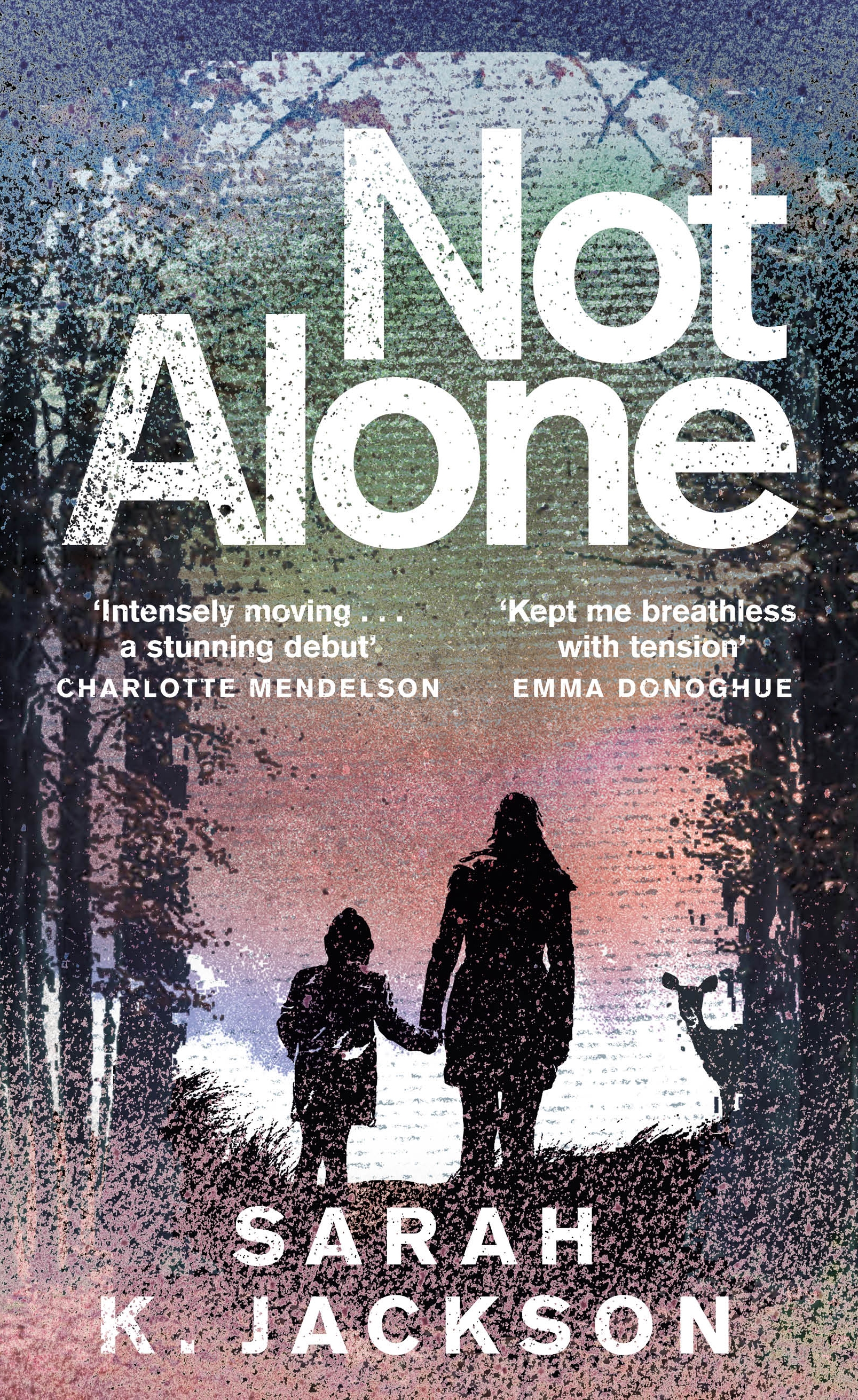Sarah K. Jackson shares her top tips for empowering yourself as a writer, whatever stage of the process you're at.

As someone, at the time of writing, about to launch their debut novel, and at times feeling an emotional mess (which I’m assured by other writers is normal), empowering yourself as a writer feels needed to me if you seek to write or be published, in whatever form. Having passed through years of battling self-confidence and the gauntlet of submissions and editing, failure and hope, I'd now like to share five tips for building your confidence, and keeping going, as a writer.
1) Find your reason for writing. Sometimes life events can help cement our true feelings and ambitions – perhaps births, deaths, milestone birthdays or a rough patch in your life that leads to introspection. There can be a ‘fuck it’ mentality and a clarity of why you need to write. If I don’t try to be myself and follow this writing ambition now, what if I never do? Which feels infinitely worse to my soul than braving a writerly path. I think for me, as for my character Katie, my own life events blew apart the walls of what I thought possible (whether delusionally or not), because if something big and dark was possible, well maybe something big and GOOD was also possible. Find your 'fuck it' moment and make your writing happen. No one but you is capable of writing and creating what is inside you. And if in this process you can sharpen what your value on your writing is, and the ‘why’ you are doing it is clear and meaningful to you, I think it helps sustain you through the challenges of writing, through the knock backs, and perhaps the daunting anxiety of your words published out there for all to see. I write because it feels the only way to express what it is – the emotion and meaning - I want to express.
2). Find a community of writers. This was huge to me. I found this on writing courses and workshops, but there are also online communities and local groups. To be surrounded by others who share similar goals, dreams and struggles, helped legitimise my own desire to write. I found camaraderie, support, encouragement, excitement, and it’s just so affirming to share the joy and highs and lows of being a creative person.
Recommended reads: On Writing by Stephen King, Pep Talks for Writers by Grant Faulkner, George Orwell Essays by Penguin Books, Ten Things About Writing by Joanne Harris.
 3). Find your bravery and confidence outside of writing. Doing things that challenge and scare me has built a sense of confidence and independence that has spiralled out into other areas of my life, including my writing. Go on that solo travel, run that half-marathon, apply for that job, give the presentation you're dreading, put yourself out there in the way that is challenging and meaningful to you. Find your strength and confidence by practicing and building it up organically, and use it for your writing and authorship when you do. You can and you will if you find your can and will.
3). Find your bravery and confidence outside of writing. Doing things that challenge and scare me has built a sense of confidence and independence that has spiralled out into other areas of my life, including my writing. Go on that solo travel, run that half-marathon, apply for that job, give the presentation you're dreading, put yourself out there in the way that is challenging and meaningful to you. Find your strength and confidence by practicing and building it up organically, and use it for your writing and authorship when you do. You can and you will if you find your can and will.
It seems important to be able (and I know it’s not always possible) to separate your self-worth from your writing. Because while you will hopefully find those that support and champion you, there will be rejection and negativity and others who don’t appreciate your writing or show up. It helps to practice becoming your own supporter. Remind yourself that even if your writing isn’t important or meaningful to them, it is to you. Take strength from validating yourself.
4). Find your space. What do you need to write? I need peace and quiet, a desk and room to myself where I can shut the door and feel undisturbed and alone. Better yet if I have the house to myself too. Others like to sit in cafes or libraries. Find where you write best and make it a practice to spend time there.
5). The 'get it done by doing it' mantra. Even if you’ve done No. 1 and are motivated and committed to writing this novel, now, the day-to-day slog of it can be challenging at times. It can feel an endless repetition of reading and editing. Your brain can twist and revolt at looking at this, AGAIN. At other times, I obsessed over finding solutions and you couldn’t have yanked the manuscript from my hands. And yet, for both extremes, I felt a nervous energy and that’s when the doubt creeps up and can fog and paralyse the brain, where the phone might be picked up and scrolled, or the news and inbox rechecked. To remind yourself that the only way to get this thing written, or edited, or submitted, is to sit down and get the work done, to go through the anxiety, boredom or whatever, is why I find this mantra helpful.
But at the same time, be careful not to run yourself into the ground. Pursue health, sleep and peace, I’ve learnt these do actually help with the writing!
Not Alone by Sarah K. Jackson is published by Pan Macmillan and available to buy now
Sarah K Jackson is an author and an ecologist, who grew up in the Midlands and now lives in Hertfordshire. She studied Psychology and Criminology at Cardiff University and Conservation Ecology at Oxford Brookes University and has worked as an ecological consultant for twelve-plus years, specialising in botany and habitats. Not Alone is her first novel – a post-apocalyptic story of survival and fierce motherly-love and hope – published by Picador in the UK and Doubleday in the US. Follow her on Instagram and Twitter @SarahKarenne
Comments